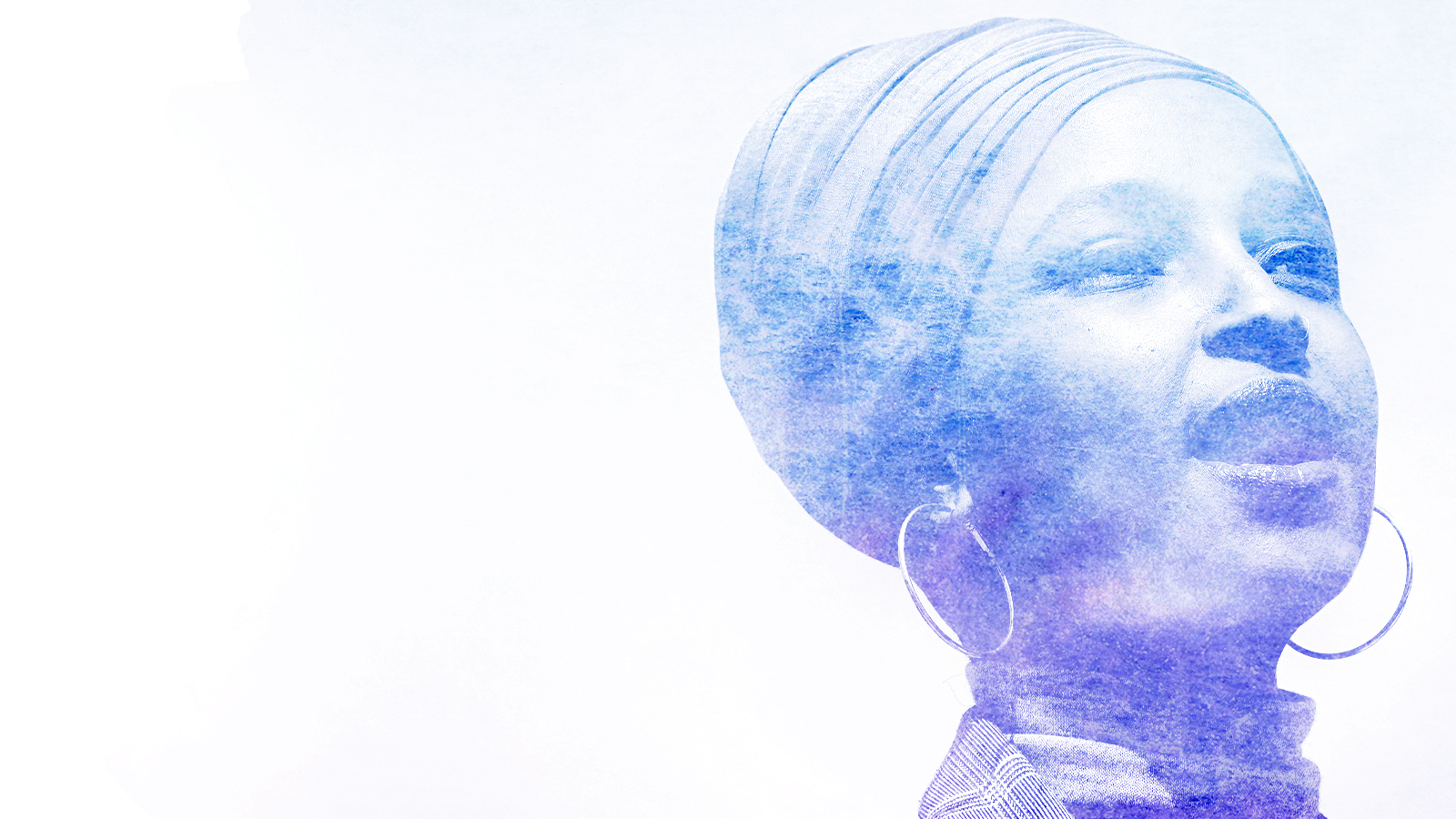The Democrats' identity politics minefield


A free daily email with the biggest news stories of the day – and the best features from TheWeek.com
You are now subscribed
Your newsletter sign-up was successful
Rep. Ilhan Omar has once again exposed a rift in the Democratic caucus. A dozen House Democrats rebuked the polarizing Minnesotan for appearing to equate the United States and Israel to Hamas and the Taliban, adding that her comparison "at best discredits one's intended argument and at worst reflects deep-seated prejudice."
Omar's fellow members of the Squad were incensed. Rep. Alexandria Ocasio-Cortez (D-N.Y.) alleged that, by "skipping private conversations" and publicly chastising Omar in a way that will likely draw news coverage, they put Omar in danger. "Freedom of speech doesn't exist for Muslim women in Congress. The benefit of the doubt doesn't exist for Muslim women in Congress," protested Rep. Rashida Tlaib (D-Mich.), who accused Democratic leaders of "relentless, exclusive tone policing of Congresswomen of color."
Rep. Cori Bush (D-Mo.) went further. "I'm not surprised when Republicans attack Black women for standing up for human rights," she tweeted. "But when it's Democrats, it's especially hurtful. We're your colleagues. Talk to us directly. Enough with the anti-Blackness and Islamophobia."
The Week
Escape your echo chamber. Get the facts behind the news, plus analysis from multiple perspectives.

Sign up for The Week's Free Newsletters
From our morning news briefing to a weekly Good News Newsletter, get the best of The Week delivered directly to your inbox.
From our morning news briefing to a weekly Good News Newsletter, get the best of The Week delivered directly to your inbox.
This comes not long after high-profile progressives found themselves unable to condemn anti-Semitic attacks, allegedly provoked by recent fighting between Israel and Hamas, without also denouncing Islamophobia.
The Democratic conference hails from a wider variety of immigrant backgrounds than previous generations, making unity on thorny issues in the Middle East more difficult. But there have also been changes on the left that make it harder for them to support a wealthy Western country like Israel in a fight with Muslim people of color. Where Jews fit on the intersectionality spectrum is complicated. Progressives have an easy template for dealing with racial and religious disputes that pit minorities against white racists, but a harder time adjudicating disputes that arise between different minority groups.
Omar and Tlaib, the first two Muslim women elected to Congress, have been known for their sharp criticisms of Israel. Even some of their Jewish Democratic colleagues feel the pair sometimes crosses the line.
Democratic leaders are trying to tamp down the conflict. Omar also clarified she "was in no way equating terrorist organizations with democratic countries with well-established judicial systems." But in a new era of identity politics, Democrats are likely to return to these issues again.
A free daily email with the biggest news stories of the day – and the best features from TheWeek.com
W. James Antle III is the politics editor of the Washington Examiner, the former editor of The American Conservative, and author of Devouring Freedom: Can Big Government Ever Be Stopped?.
-
 The ‘ravenous’ demand for Cornish minerals
The ‘ravenous’ demand for Cornish mineralsUnder the Radar Growing need for critical minerals to power tech has intensified ‘appetite’ for lithium, which could be a ‘huge boon’ for local economy
-
 Why are election experts taking Trump’s midterm threats seriously?
Why are election experts taking Trump’s midterm threats seriously?IN THE SPOTLIGHT As the president muses about polling place deployments and a centralized electoral system aimed at one-party control, lawmakers are taking this administration at its word
-
 ‘Restaurateurs have become millionaires’
‘Restaurateurs have become millionaires’Instant Opinion Opinion, comment and editorials of the day
-
 Big-time money squabbles: the conflict over California’s proposed billionaire tax
Big-time money squabbles: the conflict over California’s proposed billionaire taxTalking Points Californians worth more than $1.1 billion would pay a one-time 5% tax
-
 Did Alex Pretti’s killing open a GOP rift on guns?
Did Alex Pretti’s killing open a GOP rift on guns?Talking Points Second Amendment groups push back on the White House narrative
-
 Washington grapples with ICE’s growing footprint — and future
Washington grapples with ICE’s growing footprint — and futureTALKING POINTS The deadly provocations of federal officers in Minnesota have put ICE back in the national spotlight
-
 Trump’s Greenland ambitions push NATO to the edge
Trump’s Greenland ambitions push NATO to the edgeTalking Points The military alliance is facing its worst-ever crisis
-
 Why is Trump threatening defense firms?
Why is Trump threatening defense firms?Talking Points CEO pay and stock buybacks will be restricted
-
 The billionaires’ wealth tax: a catastrophe for California?
The billionaires’ wealth tax: a catastrophe for California?Talking Point Peter Thiel and Larry Page preparing to change state residency
-
 Trump considers giving Ukraine a security guarantee
Trump considers giving Ukraine a security guaranteeTalking Points Zelenskyy says it is a requirement for peace. Will Putin go along?
-
 Bari Weiss’ ‘60 Minutes’ scandal is about more than one report
Bari Weiss’ ‘60 Minutes’ scandal is about more than one reportIN THE SPOTLIGHT By blocking an approved segment on a controversial prison holding US deportees in El Salvador, the editor-in-chief of CBS News has become the main story
